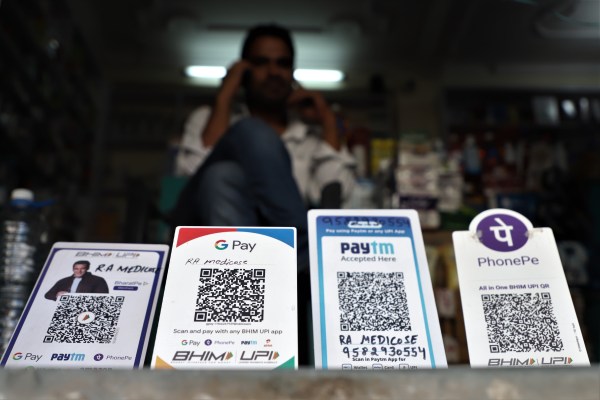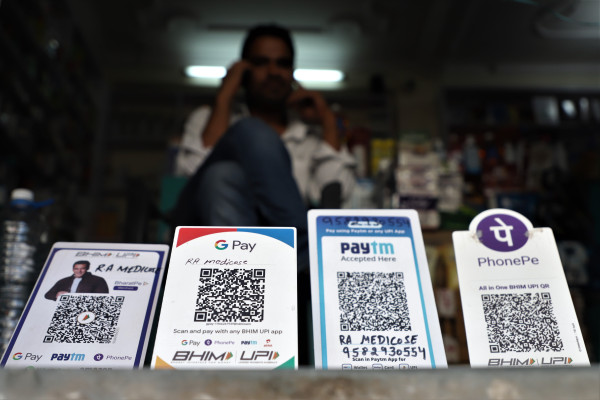
India and Singapore are working to link their digital payments systems to enable “instant, low-cost fund transfers,” in a major push to disrupt cross-border transactions, the central banks of the two nations said on Tuesday.
The project to link India’s Unified Payments Interface (UPI) and Singapore’s PayNow is targeted for operationalization by July 2022, Reserve Bank of India said. Users on either of the systems will be able to make transactions to one another without having to sign up to the second platform, the banks said.
“The UPI-PayNow linkage is a significant milestone in the development of infrastructure for cross-border payments between India and Singapore, and closely aligns with the G20’s financial inclusion priorities of driving faster, cheaper and more transparent cross-border payments,” India’s central bank said in a statement.
UPI, a payments infrastructure developed by a coalition of retail banks, has become the most popular digital payments method in India. The railroads, adopted by scores of local and global firms including Google and Facebook, is now processing over 3 billion transactions each month. Like UPI, Singapore’s PayNow also brings interoperability between banks and payments apps, allowing user from one payment app to make transaction to those on other apps.
“The linkage builds upon the earlier efforts of NPCI International Private Limited (NIPL) and Network for Electronic Transfers (NETS) to foster cross-border interoperability of payments using cards and QR codes, between India and Singapore and will further anchor trade, travel and remittance flows between the two countries. This initiative is also in line with RBI’s vision of reviewing corridors and charges for inbound cross-border remittances outlined in the Payment Systems Vision Document 2019-21.”
This is a developing story. More to follow…










